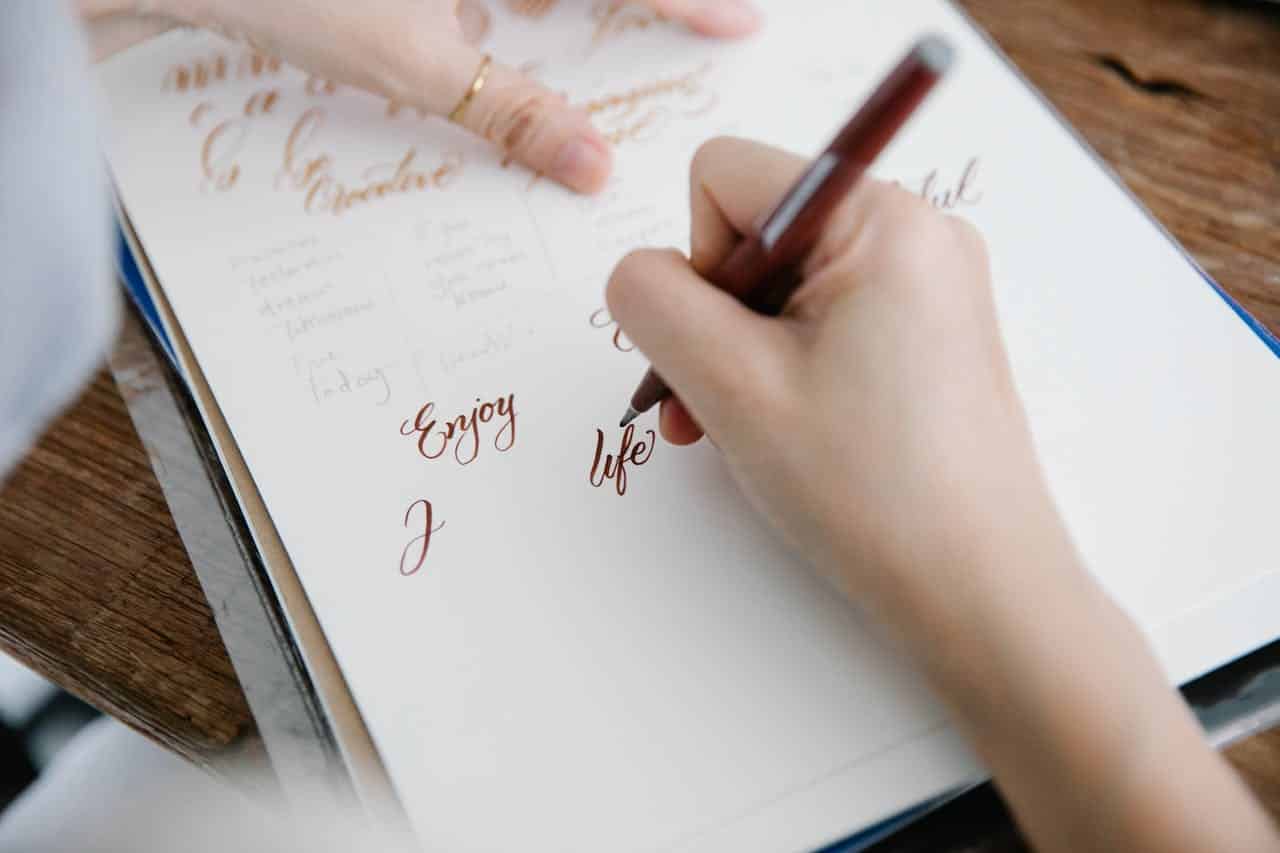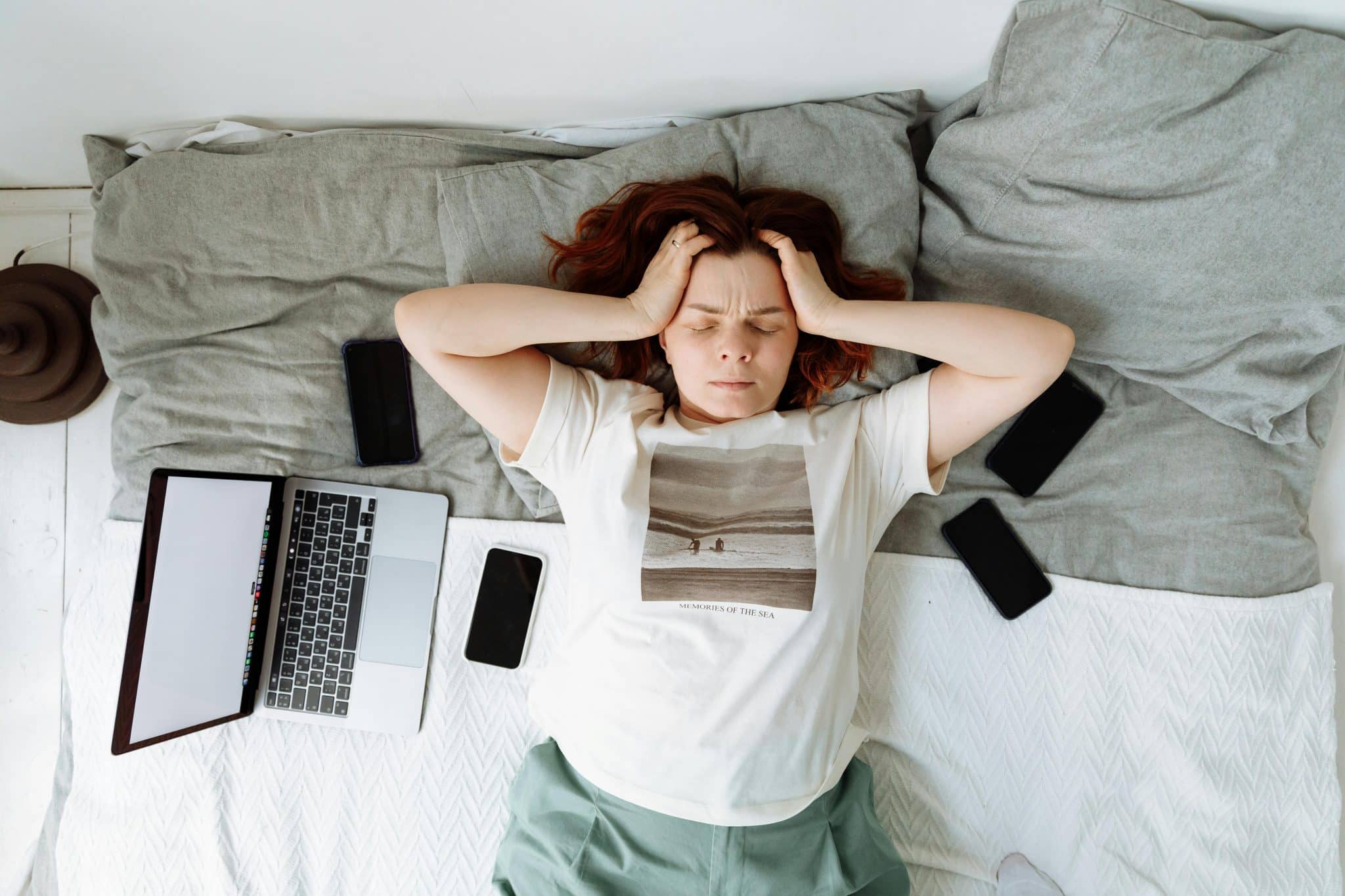Catherine Price: 3 Things You Can Do Right Now to Reduce Your Stress

This week’s guest post comes from Catherine Price’s Screen/Life Balance newsletter. An expert on Screen time and attention, as well as author of How to Break Up With Your Phone, Catherine is currently running a #QuarantineChallenge newsletter that includes expert advice and tips on how to handle your stress and time during these uncertain and overwhelming times. You can subscribe below to get her weekly updates.
If you’re like most people, you’re probably existing right now in a state that falls somewhere between “mild anxiety” and “outright panic”—which makes sense, given the circumstances.
But if stress levels remain high over time, it’s bad for our long-term health—and for our short-term immunity. We become more susceptible to illness—and, if we get sick, it takes longer to recover.
So today, I want to share with you some science-based suggestions for how to reduce your stress and regain a sense of control.
How to Reduce Your COVID-19 Stress:
1. Get enough sleep. Getting adequate sleep is probably the best thing you can do to boost your immunity—and it also helps keep stress hormone levels under control. (Anything that disrupts sleep will disrupt your body’s natural cortisol rhythms.) Also, the more time you spend sleeping, the less opportunities you’ll have to get sneezed on and/or go insane from quarantine-induced boredom. It’s a win-win for everyone!
2. Hack your brain. My friend Jud Brewer, who’s a neuroscientist and psychiatrist who researches mindfulness and its effects on the brain, just had a great piece in the New York Times about how to break the coronavirus anxiety cycle. As he explains it, “to hack our brains and break the anxiety cycle, we need to become aware of two things: that we are getting anxious or panicking and what the result is. This helps us see if our behavior is actually helping us survive, or in fact moving us in the opposite direction.”
For example, compulsively scrolling through Twitter for news updates is NOT helpful because it doesn’t do anything to change the situation, and also will increase your anxiety. So maybe you should skip it.
Instead, focus on actions you can take that decrease your anxiety and/or actually help prevent the spread of the virus. For example, washing your hands is great! Go ahead and focus on it! But don’t forget about other totally non-virus-related things you can do that are both productive AND that will decrease your anxiety. For example: install a meditation app, or make a regular phone date with a friend.
I’m going to send out another email soon with more concrete suggestions for positive activities to do while at home. But for now, here is my biggest suggestion of all:
3. STOP CHECKING THE NEWS ALL THE TIME.
It makes total sense that we’d be compulsively checking the news right now: we’re doing so in hopes that we’ll receive concrete answers that will make us feel less scared—in other words, we’re checking the news because we’re desperate for a sense of control.
But most of the news right now is having exactly the opposite effect. That’s because right now, most of the news is about all the things we still don’t know about the virus—and uncertainty causes anxiety.
What’s more, the format of most news sites is itself designed to upset us, from the dramatic, all-caps fonts being used for headlines to the blood-red colored boxes being used to highlight “breaking news.”
Don’t think this is affecting you? I suggest an experiment: the next time you feel a twitch to check the news, do a quick scan of your body and mind to see where your anxiety levels are beforehand. Ask yourself what you’re hoping to accomplish or learn by checking the news. Then go ahead and check it . . . and do the scan again. Did it help? Are your anxiety levels lower? I’m going to guess that the answer is no.
Now, to be clear, I’m not saying you should completely cut yourself off from information. There are certain things—for example, travel restrictions, school closures, testing updates, government assistance—that have immediate relevance to our daily life and are important to find out about quickly. But there is a very fine line between being adequately informed and encouraging panic. I for one can tell you that reducing my own news consumption has had an enormously positive effect on my own mental health.

How to Limit Your News-Related Anxiety
- Keep news apps off your phone. I’m serious — this will greatly reduce your exposure to stress. Ideally, you should delete them—but at very least, get them off your home screen. If you want to check the news online, do so from a desktop browser.
- Choose your news sources carefully—for example, the Centers for Disease Control and the World Health Organization are good top-level resources. You may also want to pick a local news site to check once or twice a day for updates relevant in your area (school closures, etc).
- Decide how many times a day you want to check the news. Personally, I’ve decided that twice a day or so is enough to alert me to anything urgent, without raising my stress levels higher than they need to be.
- Do not leave the television or radio on in the background. This is only going to stress you out. (And besides, most television coverage is just talking heads editorializing on things—meaning that it’s likely to just stress you out without providing any new information.)
- Turn off most, if not all, news notifications. The other day I was cleaning my basement when I got an alert saying that the first case of COVID-19 had been diagnosed in Philadelphia. Which made my stress level spike—but what was the point? There was absolutely nothing I could do to change the situation.
- Install an app-blocker. I truly cannot recommend Freedom enough. I’ve set a 24/7 block on my phone for all news sites, meaning that I can’t check the news without first quitting Freedom—which is enough of a speed bump to make it much less likely for me to do so.
I also highly recommend Freedom’s “Pause” extension for Chrome — it’ll create a 5-second delay before allowing your pre-selected problematic websites to load. It’s a great way to reduce your “panic checks” and create a speed bump — a small pause which you can use to decide if perhaps you’d rather redirect your attention toward something more soothing or productive.


Lastly—and importantly—find other things to do instead!
I’m creating #QuarantineGoals for myself and suggest that you do as well. I’ll go into more detail about this in a future newsletter, but the point is that if we’re about to go into serious lockdown mode, we are going to have a LOT of spare time on our hands (or bits and pieces of spare time, interspersed with childcare and work and household duties). If we don’t pre-identify things to do with that time, we’re going to end up on our phones, scrolling through scary news headlines — which won’t make the virus go away, but certainly will make us feel worse.
So take a moment today to identify a few things you can do each day to keep yourself sane. For example: taking a walk outside in the sunshine. Video-calling a friend. Doing a morning meditation. Having a mini dance party every day at 3pm.
I’m planning on sending out newsletters more regularly during this crisis for how to maintain healthy screen/life balance—and sanity—and would love to hear your ideas, requests, and questions. So please feel free to reach out on Twitter or respond to our newsletter and tell us what you found useful and what you’d like help with. Also, please send us any resources or ideas or practices that you’re finding personally useful, so that we can share them with the broader Screen/Life Balance community.
Yesterday a friend reminded me of a quote from meditation teacher Jon Kabat Zinn that I think is useful in times like this:
“As long as you are breathing, there is more right with you than there is wrong, no matter how ill or how hopeless you may feel.”
Jon Kabat Zinn
For now, please join me in taking a deep breath and recognizing that, while we can’t control all the uncertainty that surrounds us at the moment, we CAN control how we respond to it.
Sending you calm and healthy thoughts,
Catherine, and the Screen/Life Balance team
Listen to Catherine Price on the Freedom Matters Podcast:
To learn more about Catherine, Screen/Life Balance, or the #QuarantineChallenge – you can visit her site at ScreenLifeBalance.com


